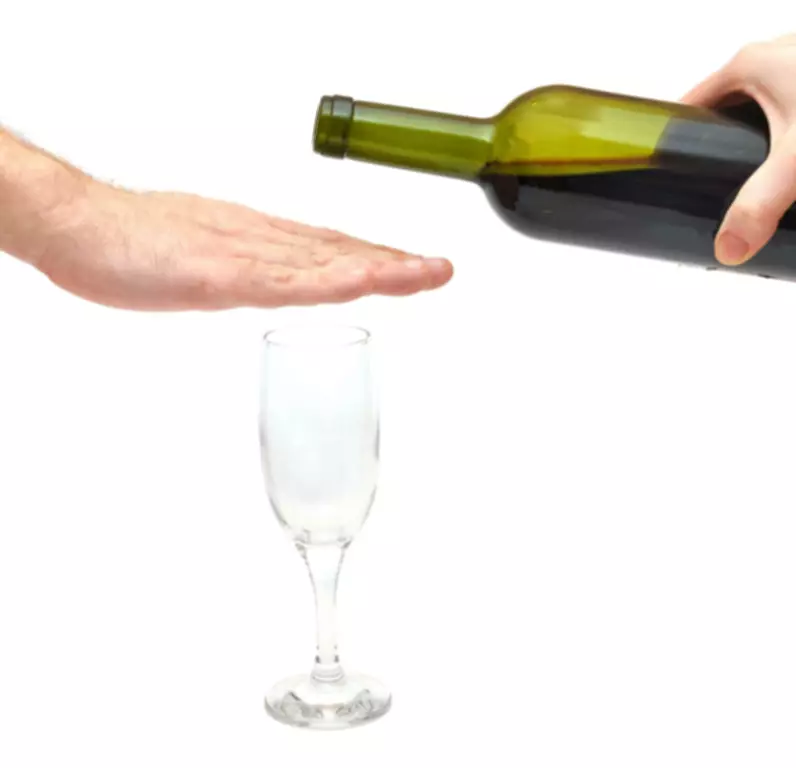Content
By modifying the required response (e.g., increasing the number of lever presses required before the alcohol is delivered) researchers can determine the motivational value of the stimulus for the animal. 1In operant procedures, animals must first perform a certain response (e.g., press a lever) before they receive a stimulus (e.g., a small amount of alcohol). From a clinical standpoint, this is important because it underscores the value of these models in identifying and evaluating new treatment strategies that may be more effective in battling the problem of relapse. We are committed to help individuals, communities and families achieve freedom from addiction and our mission to do this is clear. We walk alongside our clients on their journey; understanding their past and working together to build a new future – transforming lives and sustaining recovery for everyone we support.
The Recovery Village Cherry Hill at Cooper offers comprehensive addiction treatment for drug and alcohol addictions and co-occurring mental health conditions. Long-term alcohol abuse forces the brain to adapt to this increased inhibition. What the brain does in turn is increase the amount of glutamate, an excitatory neurotransmitter. https://ecosoberhouse.com/ Glutamate increases brain activity, essentially counteracting the increased levels of GABA. The more alcohol consumed, the more GABA transmitted, and the more glutamate transmitted in order to keep balance. Having a tolerance to alcohol means it takes more and more drinks to produce the same effect.
Alcohol use disorder
The main inhibitory neurotransmitter in the human body is gamma-aminobutyric acid, known as GABA. Alcohol increases the amount of GABA transmitted, which inhibits the brain to abnormal degrees. This is why drunken people have trouble walking, talking, and remembering why is alcohol addicting things later on. This process happens every time someone consumes alcohol, and happens more intensely as more alcohol is consumed. Perhaps the simplest description is that it is doing something to the point where it harms us, and not feeling able to stop.
Alcohol ruins thousands of lives in the United States every year and does enormous damage to their families and communities. AUD is diagnosed by asking 11 different questions listed in a medical resource called the Diagnostic and Statistical Manual of Mental Disorders (DSM–V)10. Answering “yes” to two to three questions indicates mild symptoms, four to five questions indicates moderate symptoms and six or more indicates severe symptoms. There are several genes found to make someone more likely to develop alcoholism if they drink. While genetics is not the only factor that leads to alcoholism, it does have a lot of influence. We are dedicated to being your trusted source for help finding substance abuse treatment.
How Does Your Body Get Addicted to Alcohol?
Group meetings are available in most communities at low or no cost, and at convenient times and locations—including an increasing presence online. This means they can be especially helpful to individuals at risk for relapse to drinking. Combined with medications and behavioral treatment provided by health care professionals, mutual-support groups can offer a valuable added layer of support. The “habituation” of drinking is also a critical factor in developing alcohol addiction. Repeating the same action until it becomes an automatic response forms habitual behaviors. The more a person drinks, the likelier they are to become dependent on alcohol to manage stress and emotions.

Heavy drinking, which often includes binge drinking, also takes a toll on brain function and behavior, further encouraging the cycle of addiction. Understanding why alcohol is addictive can make you more aware of your drinking patterns and help you spot the early warning signs of alcohol dependence, but it is also important to be able to recognise the symptoms of alcoholism. Sometimes, people turn to alcohol when stressed because it can help them temporarily relax and forget their worries. But this can become a problem if they start relying on alcohol too much. This often happens when people are going through tough times, like losing their jobs or getting divorced. Stress can be even more challenging for people with a mental health condition and may lead to unhealthy coping mechanisms, such as drinking excessively.
Is alcohol physically addictive?
Unlike cocaine or heroin, alcohol is widely available and accepted in many cultures. It’s often at the center of social situations and closely linked to celebrations and enjoyment. To learn more about alcohol treatment options and search for quality care near you, please visit the NIAAA Alcohol Treatment Navigator. Most of us are aware of the dangers of alcohol and how addictive it can be.

This helps them break the cycle of depending on alcohol for support when things get tough. Being able to handle stress and difficult situations is really important for our mental health. If we’re good at dealing with those things, we’ll be mentally healthier. Some people use alcohol to cope with stress over time, which can help them deal with things that are hard to handle. According to recent data, 138.5 million Americans 12 and older are alcohol users, and 20.4% have an alcohol use disorder, the clinical term for alcohol addiction. This means just over one-fifth of those who consume alcohol will develop an addiction.
